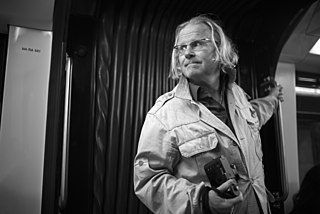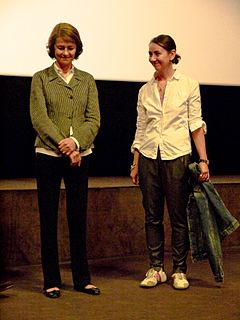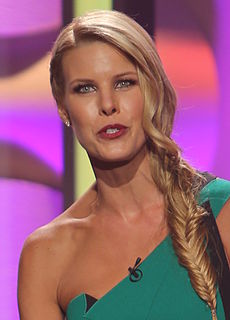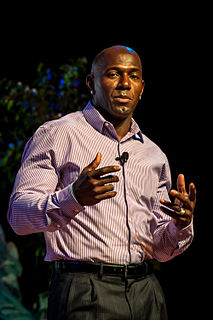A Quote by Samantha Ponder
I definitely did not desire to be in a relationship that people would talk about and ask about outside of my family.
Related Quotes
People are always asking, "Is this person in front of me the same on the inside as he or she appears to be on the outside? Is there congruence between what's within that person and the words and actions I'm viewing and hearing externally?" Children ask that about their parents; students ask it about their teachers; parishioners ask it about their pastors and priests; employees ask it about their bosses; and in a democracy, citizens ask it about their political leaders.
Photographers do themselves a disservice by talking too much about the equipment they use. Consequently people don't take them seriously as creators in their own right. When people talk to writers about their work, they ask about their ideas and inspirations. When they talk to photographers, they ask about what cameras or film they use. That's wrong - as wrong as asking a writer what pencil and laptop he uses.
Every time you hear anyone talk about the Caribbean, whether it's Caribbeans themselves or people outside, there's always talk about women's bodies. Talk about this voluptuousness, this kind of stereotype of what a Caribbean person is. And I think these are stereotypes that even people inside the culture, we actually sometimes claim them and we're very proud.
I definitely have a strong sense of my Jewish and Israeli identity. I did my two year military service, I was brought up in a very Jewish, Israeli family environment, so of course my heritage is very important to me. I want people to have a good impression of Israel. I don't feel like I'm an ambassador for my country, but I do talk about Israel a lot - I enjoy telling people about where I come from and my religion.
There's no such thing as being perfect, and that doesn't just mean the perfect body. I talk about my body, my relationship with food, men, and sleeping around to find love, my relationship with my family - trials and tribulations. I want people to know they're not alone. And this isn't just about people younger than 30. I have fans who are 30 or 40 telling me, This is exactly what I needed to hear.
































